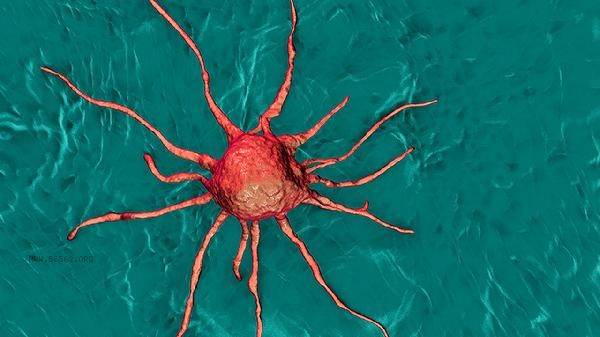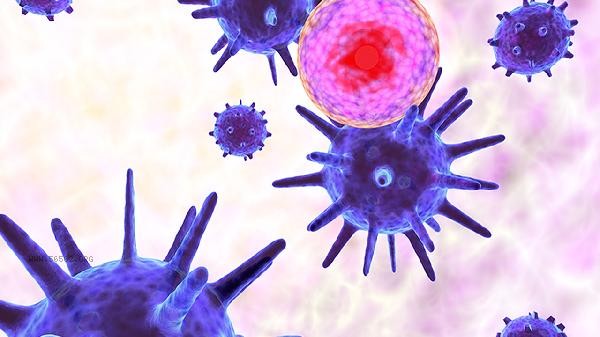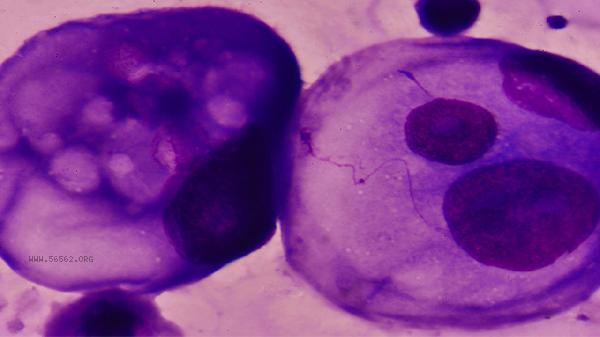The abnormal increase in neutrophil percentage may be related to tumors, but it is not a specific indicator. The percentage of neutrophils in tumor patients usually exceeds 70%, which needs to be comprehensively judged based on inflammatory indicators such as absolute lymphocyte count and C-reactive protein. The main influencing factors include infectious inflammation, hematological diseases, solid tumor bone marrow metastasis, chemotherapy induced bone marrow suppression, and physiological stress response.

1. Infectious inflammation:
Bacterial infection is the most common cause of elevated neutrophils. When pathogens invade the human body, the bone marrow accelerates the release of neutrophils, leading to a peripheral blood ratio of over 80%. Blood culture, procalcitonin testing, and tumor differentiation are required. Targeted use of antibiotics can gradually restore normal indicators. 2. Hematological disorders: Hematological tumors such as leukemia and myelodysplastic syndrome can directly interfere with hematopoietic function. The proportion of neutrophils in patients with chronic myeloid leukemia often exceeds 90%, accompanied by an increase in immature granulocytes. This type of situation requires a bone marrow biopsy to confirm the diagnosis.
3. Solid tumor metastasis:
When solid tumors such as lung cancer and breast cancer metastasize to bone marrow, they will stimulate abnormal proliferation of granulocytes. In addition to elevated neutrophils, these patients are often accompanied by anemia, thrombocytopenia, and other abnormalities in whole blood cells. Imaging examination shows signs of bone destruction.
4. Chemotherapy response:

Tumor chemotherapy drugs can temporarily inhibit bone marrow function, and during the recovery period, neutrophil rebound may increase to 75% -85%. This transient elevation is usually accompanied by an increase in the proportion of monocytes, which needs to be differentiated from tumor progression through dynamic monitoring.
5. Physiological fluctuations:
Intense exercise, late pregnancy, emotional stress, and other physiological states can temporarily increase neutrophils to around 70%. This type of change has no pathological significance and can often fall back on its own within 24 hours of re examination, without the need for special treatment.
It is recommended to improve tumor marker screening, including CEA, CA125, PSA, etc., when neutrophils consistently exceed 75%. At the same time, it is necessary to observe whether there are warning symptoms such as weight loss and night sweats accompanying it. Regular daily routines should be maintained, and animal liver, eggs, and dark green vegetables rich in vitamin B12 should be supplemented in moderation. Smoking and other behaviors that damage hematopoietic function should be avoided. Regular low-dose spiral CT, gastroscopy and other cancer prevention examinations can help detect lesions early.










Comments (0)
Leave a Comment
No comments yet
Be the first to share your thoughts!